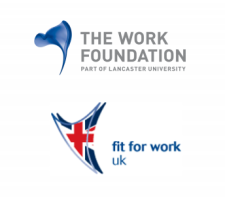October 7, 2014
Workers struggling to balance home and work, according to CIPD report
 The UK’s workforce is struggling to find the right balance between their work and domestic responsibilities according to the latest Absence Management report from the Chartered Institute of Personnel and Development. The report also suggests that, although overall absence levels are falling, much of this is down to people going into work when they perhaps shouldn’t with a third of employers reporting presenteeism. Stress and mental health problems in the workplace also remain high, with more than 40 percent of employers citing an increase, despite signs of economic recovery. One area in which absenteeism is rising is workers taking time off to care for children and elderly or disabled relatives and friends. More than a third of those employers surveyed reported an increase in absence levels amongst staff who are struggling to cope with their caring responsibilities outside of work. However only a sixth of employers have policies in place to provide a better level of support.
The UK’s workforce is struggling to find the right balance between their work and domestic responsibilities according to the latest Absence Management report from the Chartered Institute of Personnel and Development. The report also suggests that, although overall absence levels are falling, much of this is down to people going into work when they perhaps shouldn’t with a third of employers reporting presenteeism. Stress and mental health problems in the workplace also remain high, with more than 40 percent of employers citing an increase, despite signs of economic recovery. One area in which absenteeism is rising is workers taking time off to care for children and elderly or disabled relatives and friends. More than a third of those employers surveyed reported an increase in absence levels amongst staff who are struggling to cope with their caring responsibilities outside of work. However only a sixth of employers have policies in place to provide a better level of support.
























October 6, 2014
Two-fifths of global employees would choose flexible working over a payrise
by Sara Bean • Comment, Flexible working, News, Workplace